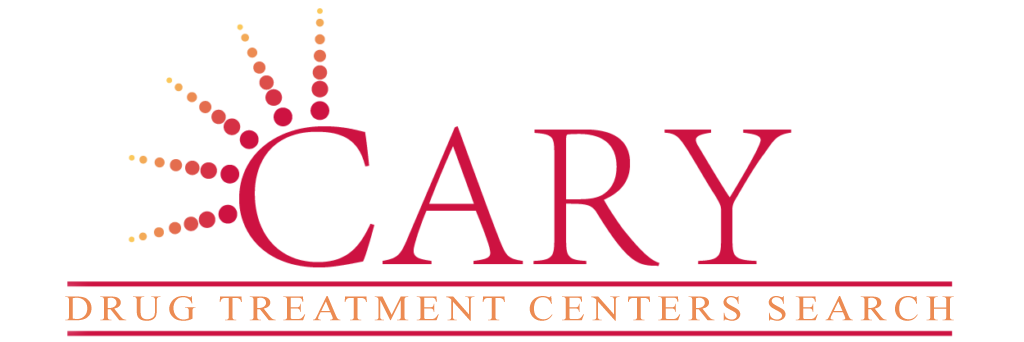Meth Addiction in Cary, NC
According to the Drug Policy Alliance, 11 million people in the United States have used methamphetamine at least one time. A powerful stimulant, meth gives users a feeling of intense euphoria and energizes the body. People who repeatedly abuse the drug in search of that feeling can develop meth addiction, a disease where it becomes impossible to quit using the drug even when there are serious consequences.
What Meth Does to the Body
Meth causes levels of dopamine to rise in the brain. When methamphetamine is abused regularly, the brain begins to function in different ways to compensate for the rise in dopamine. This leads to physical dependence on the drug, one of the key components in meth addiction. A person with a meth addiction can develop severe withdrawal symptoms if they stop using the drug, making it difficult to quit.
Over time, meth can take a heavy toll on many parts of the body. Habitual methamphetamine use and abuse has been linked to:
. Severe tooth decay known as meth mouth
. Depression, anxiety and other mental illnesses
. Skin infections
. Permanent damage to organs
Stages of Meth Addiction Treatment
An effective treatment plan for meth addiction usually begins with medical detox to eliminate methamphetamine from an addict’s system. Detoxification is performed under supervision from a medical team that monitors the individual. When withdrawal symptoms arise, they may be addressed with natural remedies, medications and other interventions.
The National Institute on Drug Abuse reports that detox alone is usually unsuccessful for treating drug addiction over the long-term. For the best chances of successful recovery, the Substance Abuse and Mental Health Services Administration recommends a holistic approach to treatment that involves addressing the mental and spiritual elements of addiction in addition to physical dependence. During meth addiction treatment, a combination of traditional individual and group therapies with alternative interventions to address the other aspects of the disease are used.
Taking steps to reduce the risk of relapse is important for long-term success with recovery. An effective treatment program will conclude with an aftercare plan that helps the individual transitioning out of treatment continue to abstain from meth use. Legal, housing, education and vocational assistance may be provided as a part of aftercare.
Getting Help for Meth Addiction in Cary, NC
If you or someone that you love is need of treatment for meth addiction, Cary Drug Treatment Centers is here to help you through the process of recovery. We connect you with holistic, personalized drug addiction rehabilitation plans that incorporate conventional and proven alternative and complementary treatments that address physical dependence as well as the emotional, mental and spiritual aspects of addiction.
Cary Drug Treatment Centers provides care in comfortable, pleasant, environments patterned after luxury homes rather than institutional settings. Rehab programs include medical detox, treatment and aftercare plans that help people break free of meth addiction and get a fresh start with the best chances of remaining clean and sober in the future.
For more information about treatment for meth addiction in Cary, North Carolina, call Cary Drug Treatment Centers at (919) 301-0170.


